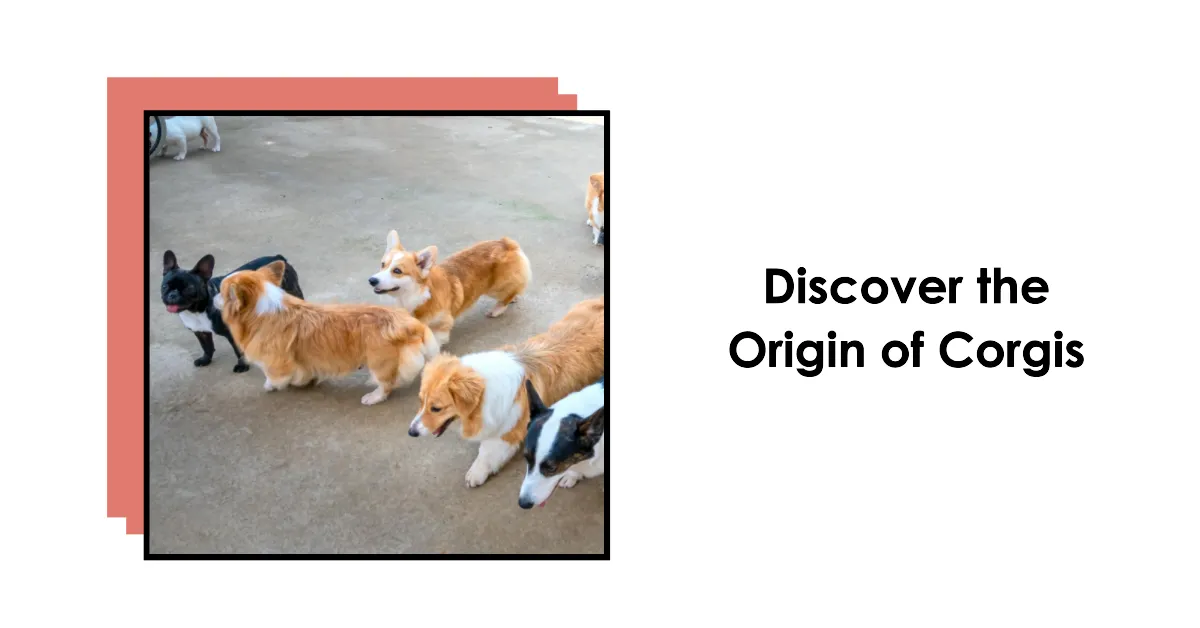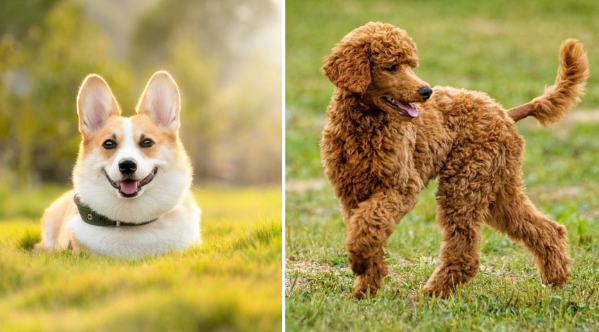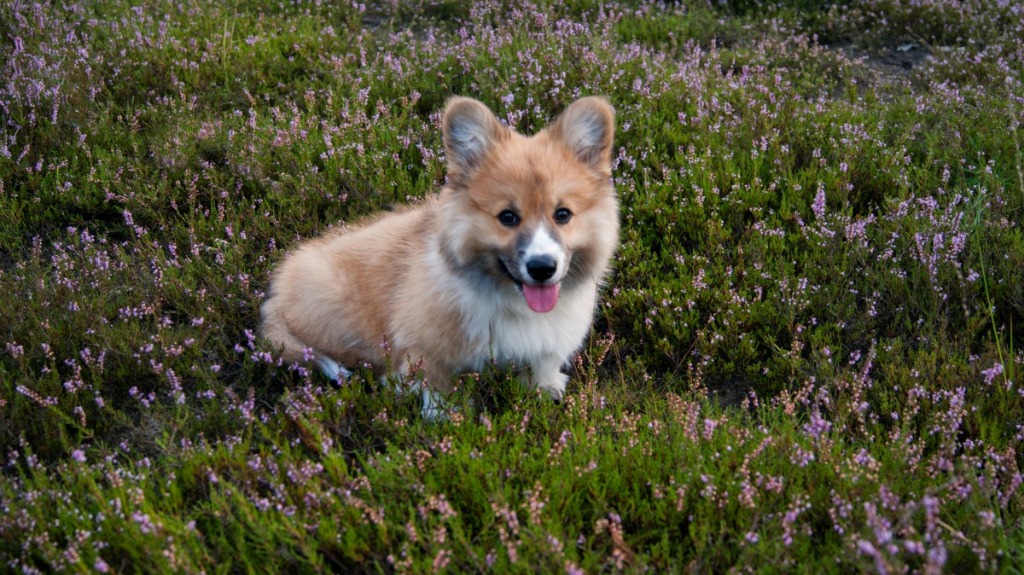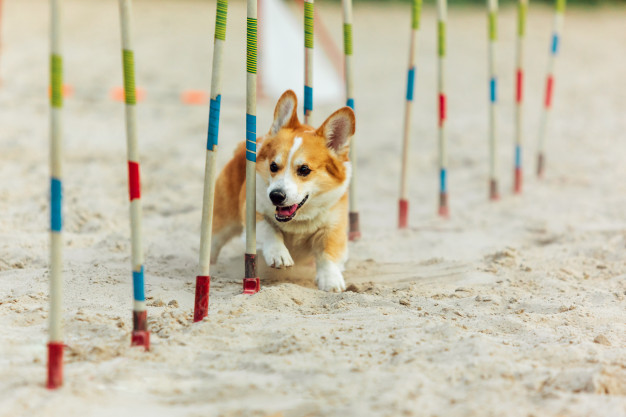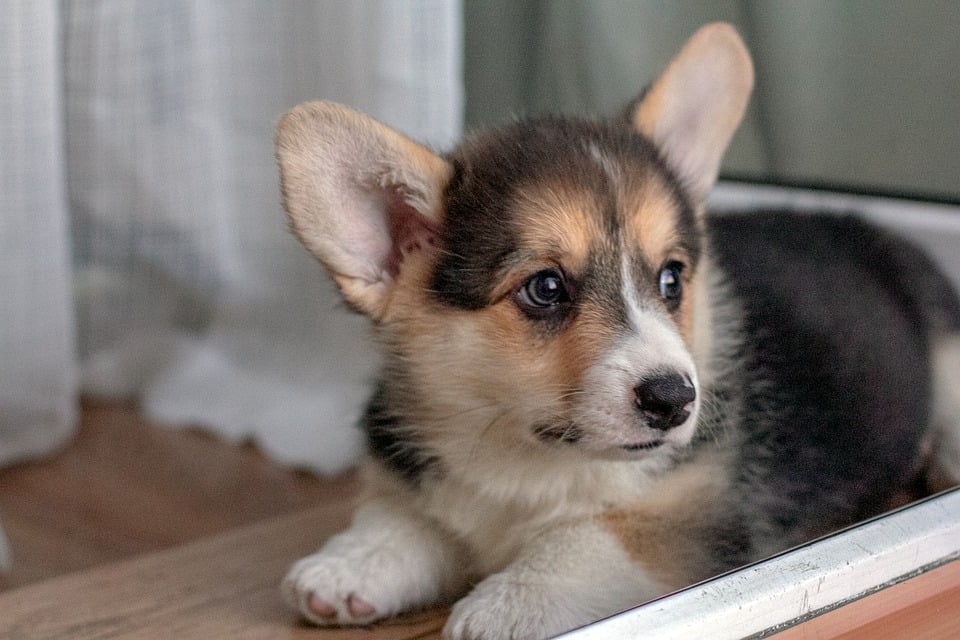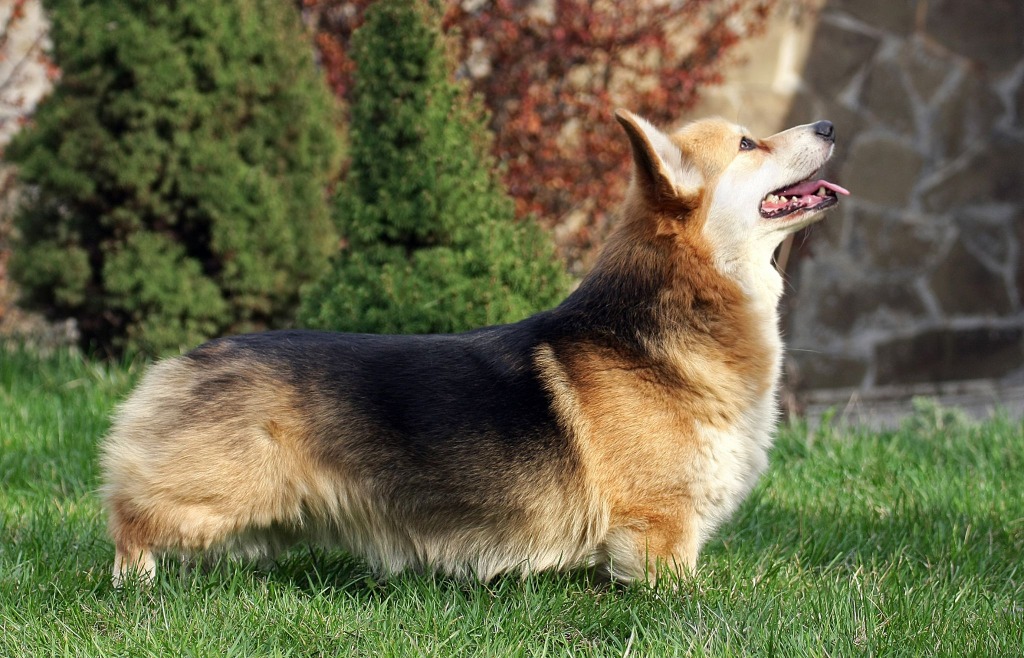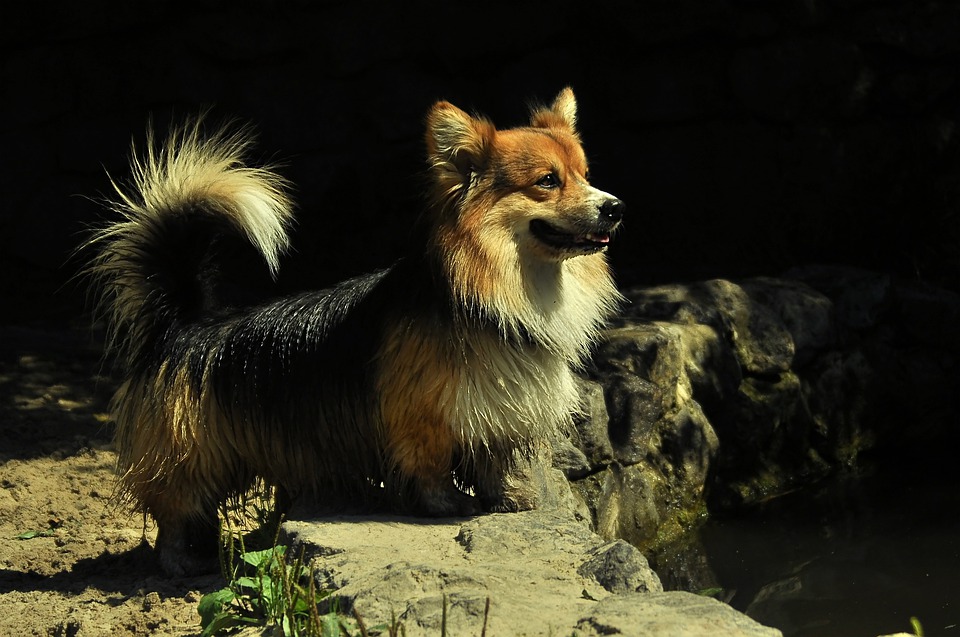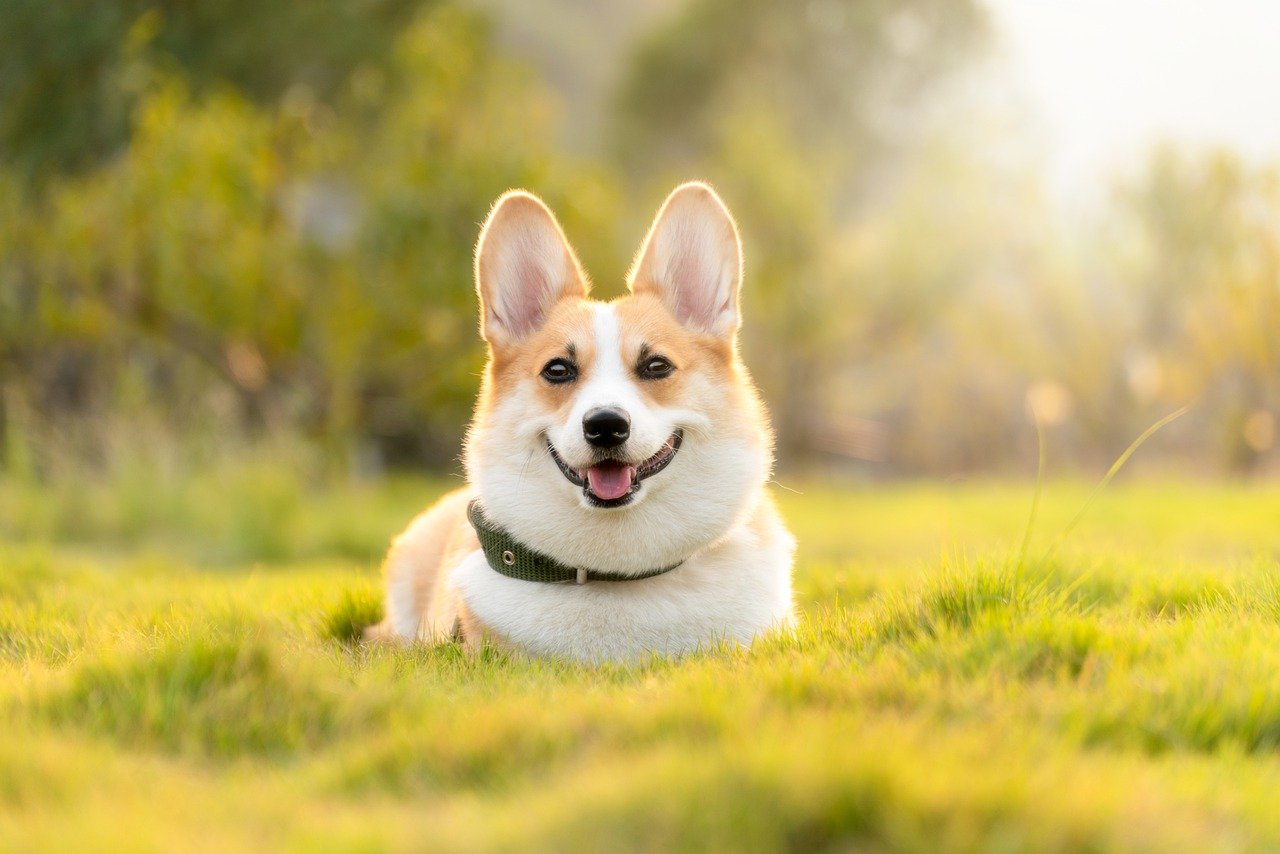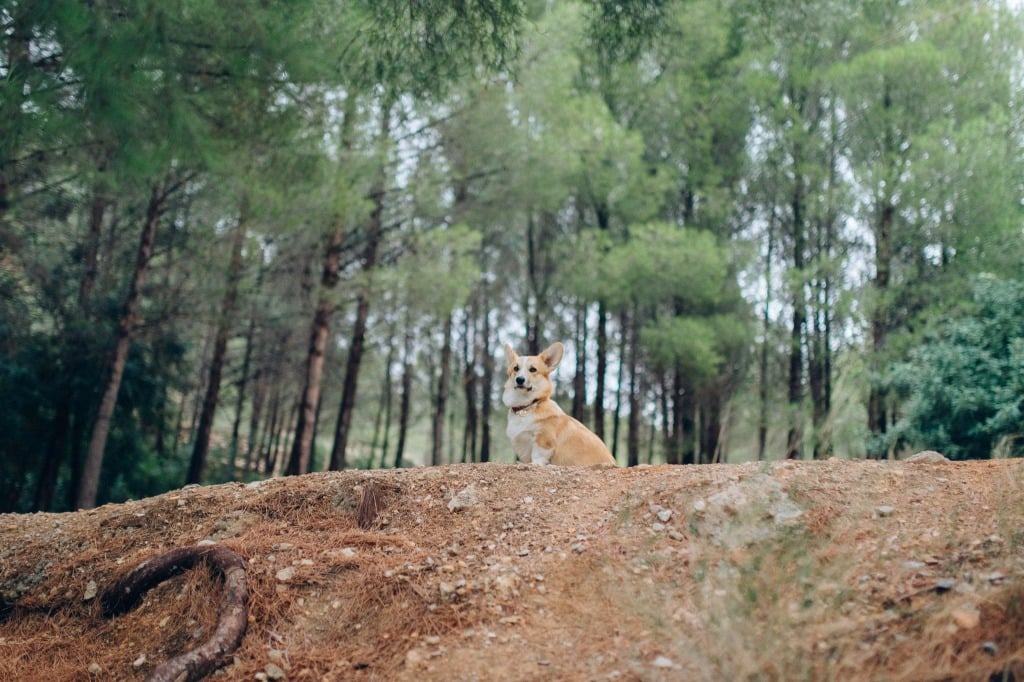Tailoring Agility Training to Your Corgis Needs
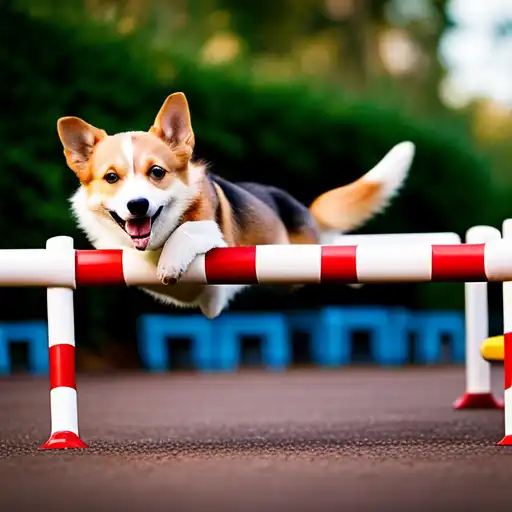
Do you dream of watching your corgi gracefully navigate an agility course, their little legs propelling them over hurdles and through tunnels? Tailoring agility training to your corgi's needs is the key to unlocking their full potential while keeping them safe.
By understanding their unique personality and physical limitations, you can design a training program that suits them perfectly. This informative guide will walk you through the process, from assessing your corgi's agility potential to building a solid foundation with basic training exercises.
You'll also learn how to design an agility course that challenges them without pushing their limits. With positive reinforcement and careful monitoring, you'll see your corgi flourish in agility, all while ensuring their safety every step of the way.
Assessing Your Corgi's Agility Potential
To determine if your Corgi has the potential for agility training, it's important to assess their physical abilities and willingness to learn. Evaluating your Corgi's agility potential involves considering their size, weight, and overall health.
Corgis are known for their short stature, which can sometimes limit their ability to navigate certain obstacles. Additionally, their long bodies and short legs can affect their agility and jumping skills. It's crucial to assess their physical limitations and ensure that they aren't prone to any health issues that may hinder their performance or put them at risk during training.
Understanding Your Corgi's Physical Limitations
Assessing your Corgi's physical limitations is essential when tailoring agility training to their needs. Understanding what your furry companion is capable of will help prevent injuries and ensure a safe and effective exercise routine.
Here are some key points to keep in mind:
- Age: Consider your Corgi's age when planning their exercise routine. Puppies have developing bones and joints that are more susceptible to injuries, while older dogs may have reduced mobility.
- Health Conditions: Be aware of any pre-existing health conditions your Corgi may have. Certain conditions, such as hip dysplasia or arthritis, may require modifications to their training program.
- Weight: Excess weight can put strain on your Corgi's joints and increase the risk of injury. Maintaining a healthy weight through proper nutrition and exercise is crucial.
- Individual Differences: Each Corgi is unique, with varying levels of fitness, strength, and agility. Tailor the training program to suit your dog's individual capabilities and limitations.
Tailoring Training Techniques for Different Corgi Personalities
When it comes to training your Corgi, one size doesn't fit all. Each Corgi has their own unique personality, and it's important to tailor your training techniques to match their individual needs.
Personality-Based Training Methods
You can tailor your agility training techniques to suit the unique personalities of your corgis. Understanding your corgi's personality will help you choose the most effective methods to train them safely and efficiently.
Here are some personality-based training methods to consider:
- Energetic and enthusiastic corgis may benefit from high-energy training sessions that keep them engaged and mentally stimulated.
- Shy and timid corgis may require a slower and more patient approach, gradually building their confidence through positive reinforcement.
- Independent and stubborn corgis may respond well to consistent and firm training methods, with clear boundaries and rewards.
- Social and outgoing corgis may thrive in group training sessions, where they can interact with other dogs and learn from their peers.
Customizing Techniques for Corgis
To effectively customize your agility training for your corgi's unique needs, consider tailoring your training techniques based on their individual personalities.
Each corgi has its own quirks and preferences, so it's important to modify your training methods accordingly.
When it comes to customizing equipment, take into account your corgi's size, strength, and agility. For example, if your corgi is smaller or has short legs, you may need to adjust the height of jumps or use smaller obstacles.
Additionally, modifying training exercises can help cater to your corgi's specific personality traits. If your corgi is easily distracted, incorporating more focus exercises into your training routine can help them stay engaged. On the other hand, if your corgi is more timid or anxious, taking a gentler approach and providing plenty of positive reinforcement can build their confidence.
Adapting to Individual Needs
Tailoring training techniques to different corgi personalities requires understanding their unique needs. Each corgi has their own quirks and preferences, so it's important to adapt your training approach to suit their individuality. Here are some tips to help you personalize your training sessions with your furry friend:
- Observe their behavior: Pay attention to how your corgi reacts to different stimuli and situations. This will give you insights into their strengths, weaknesses, and what motivates them.
- Adjust your methods: Once you understand your corgi's personality, adapt your training techniques accordingly. For example, if your corgi is easily distracted, you may need to use shorter training sessions and provide more frequent rewards.
- Be patient and consistent: Consistency is key when training any dog, but it's especially important when working with corgis. They thrive on routine and structure, so try to stick to a consistent training schedule.
- Seek professional guidance: If you're struggling to adapt your training methods to your corgi's personality, consider consulting a professional dog trainer. They can provide personalized guidance and help you tailor your approach to suit your corgi's individual needs.
Building a Solid Foundation With Basic Training Exercises
One way to build a solid foundation with basic training exercises for your corgi is by incorporating a variety of activities. By doing this, you can ensure that your corgi gets a well-rounded training experience that will set them up for success in more advanced techniques.
Basic training exercises help establish a strong bond between you and your corgi, as well as teach them important skills such as obedience and focus. These exercises can include simple commands like sit, stay, and come, as well as leash training and socialization with other dogs.
Remember to be patient and consistent in your training approach, as it's the key to making progress. By laying this foundation, you're creating a safe and enjoyable training environment for your corgi to learn and grow.
Designing an Agility Course Suited to Your Corgi's Abilities
Create an agility course that suits your corgi's abilities by incorporating obstacles that challenge their specific skills and physical capabilities. Designing obstacles that are suitable for your corgi is crucial to ensure their safety and enjoyment during agility training.
Here are some key considerations when designing an agility course for your corgi:
- Keep the height of jumps and tunnels low to accommodate their short legs.
- Include weave poles to enhance their agility and flexibility.
- Incorporate tunnels and tunnels with chutes to test their navigation skills.
- Add platforms and ramps to improve their balance and coordination.
Incorporating Positive Reinforcement for Motivation
To keep your corgi motivated and engaged during agility training, it's important to incorporate positive reinforcement techniques. One effective method is incorporating clicker training. This involves using a small device that makes a distinct clicking sound to mark desired behaviors.
The click acts as a signal that your corgi has done something right, and is immediately followed by a food reward. Clicker training helps your corgi understand exactly what behavior is being reinforced, making the training process clearer and more efficient.
Additionally, using food rewards can be a powerful motivator for your corgi. Choose small, easily consumable treats that your corgi loves and reserve them exclusively for training sessions. Be sure to use a variety of treats to keep your corgi interested and excited.
Monitoring Progress and Adjusting Training as Needed
Keep track of your corgi's progress and make necessary adjustments to their agility training routine. Assessing progress is crucial to ensure your furry friend is improving and not plateauing in their training. Here are some important points to keep in mind when monitoring your corgi's progress and modifying their training routines:
- Observe their performance: Pay close attention to how your corgi is performing during training sessions. Are they becoming faster, more accurate, and confident in their movements?
- Evaluate their strengths and weaknesses: Identify areas where your corgi excels and areas where they may need more practice or support.
- Adjust training exercises: Modify the difficulty level of exercises to challenge your corgi appropriately. Gradually increase the height of obstacles or introduce new obstacles to keep them engaged.
- Seek professional guidance: If you're unsure about how to assess progress or modify routines, consider consulting an experienced agility trainer who can provide valuable insights and guidance.
Frequently Asked Questions
How Long Does It Typically Take to See Progress in My Corgi's Agility Training?
You'll start seeing progress in your corgi's agility training in a few weeks. Consistency is key to achieving a faster progress timeline. Stay committed and your furry friend will be jumping through hoops in no time!
Can I Train My Corgi for Agility if They Have a Previous Injury or Physical Limitation?
Yes, you can still train your corgi for agility even if they have a previous injury or physical limitation. Just make sure to make necessary training modifications and incorporate alternative exercises to ensure their safety and well-being.
Are There Any Specific Agility Exercises That Are Better Suited for Older Corgis?
When it comes to agility exercises for senior corgis, you'll want to modify their training to ensure their safety. Look for exercises that are low-impact and focus on building their strength and flexibility.
Can I Participate in Agility Competitions With My Corgi Even if They Are Not the Most Athletic?
Yes, you can still participate in agility competitions with your less athletic corgi. Focus on injury prevention and modify obstacles to suit their abilities. It's about having fun and building a bond, not just winning.
How Often Should I Adjust My Corgi's Training Routine to Keep Them Challenged and Motivated?
To keep your corgi challenged and motivated, it's important to regularly adjust their training routine. By mixing things up and introducing new obstacles or techniques, you can maintain their interest and help them continue to progress in agility.

